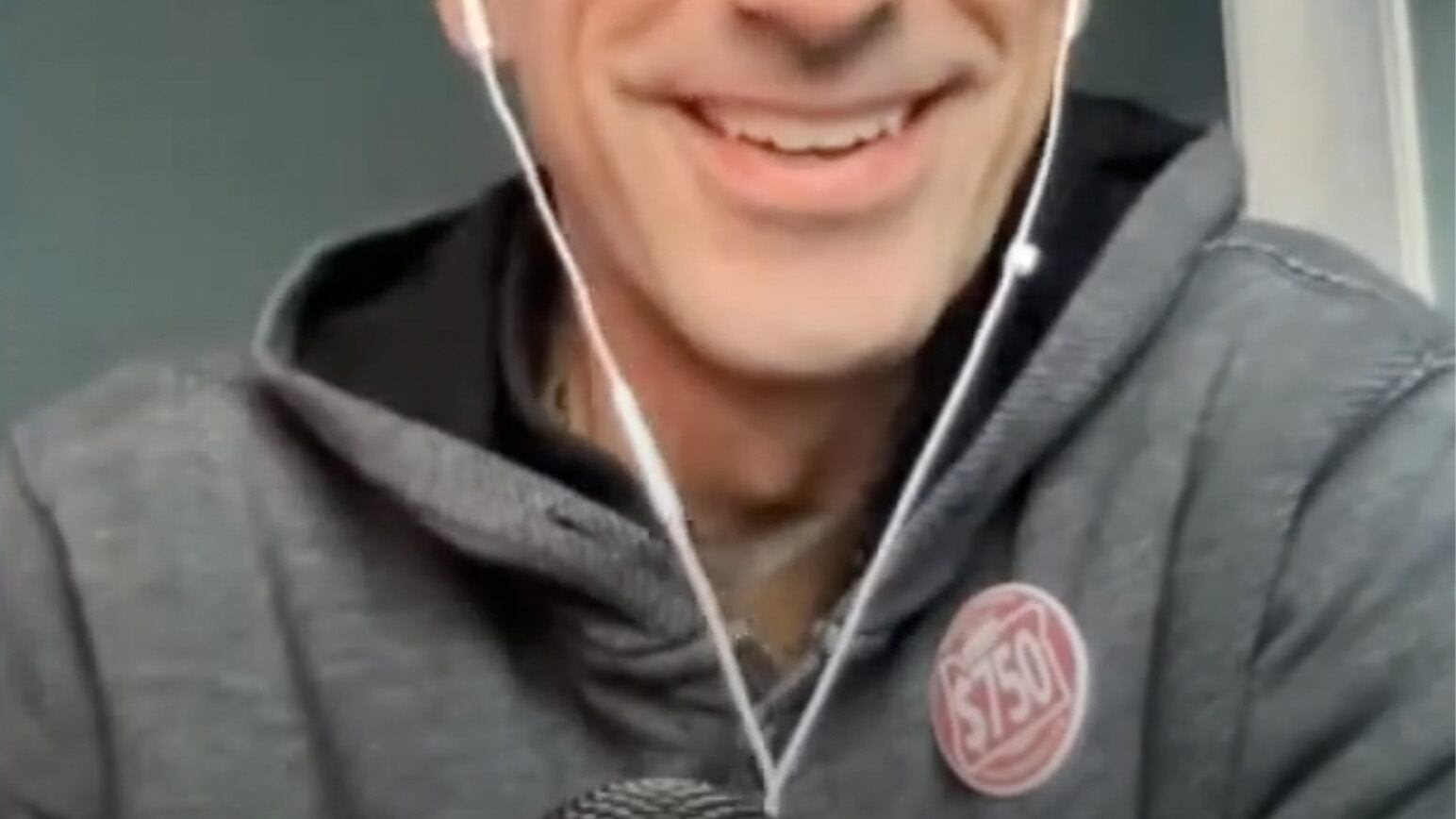Antonio Gisbert, a former neuroscientist-turned-organizer and onetime representative for the American Federation of State, County and Municipal Employees, wants to give you some money.
Gisbert is the chief petitioner of Initiative Petition 17, which proposes to tax corporations to the tune of about $7 billion a year and give the money to just about every Oregonian—$750 each. Gisbert, 49, and his allies call the November measure the Oregon Rebate, although it’s worth noting that virtually all the $760,000 his group spent to make the ballot came from California. Primarily, the money came from companies associated with Josh Jones, a Los Angeles investor who contributed more than $600,000.
We asked Gisbert about that, among other matters.
WW: Oregon faces a lot of pressing challenges. Why this solution?
Antonio Gisbert: There are tons of people working on environmental issues and people working on housing, and that’s awesome. Only when we are all successful will we have justice with like a capital J. We’re doing our small part in the broader community of people who are trying to make the world a better place.
What’s the benefit of IP 17?
Poverty in Oregon would go way down. The Oregon Rebate is estimated to reduce child poverty by about 26%. That’s a huge change, right? Like you, like if a family of four gets 3,000 bucks—boom, lump sum—that’s money that family can use to make the situation better. Why should we have poverty when we have so much wealth around us?
Is there a model somewhere else in the country for what you hope to achieve?
The closest thing nationally that I know of is the Alaska Permanent Fund Dividend. Two of the folks that helped put IP 17 together actually had lived in Alaska in poverty, and both expressed it was a huge help for them in being able to make ends meet.
A state analysis estimates prices will go up 1.3% if IP 17 passes. What’s your reaction to that?
Giant corporations can deduct the tax increase in IP 17 from what they pay to the federal government. So they are not going to pay that much more, if anything at all. And No. 2, these corporations price their goods nationally or regionally, right? An iPhone costs the same in Portland as it does in Texas. There’s no difference. So we don’t think price increases will happen.
Why now?
We started this thing almost six years ago. It’s taken us a little bit longer than we wanted. But we feel really good about the fact that normal, everyday people were able to get this thing on the ballot. We’re pretty proud of that.
But nearly all the money you’ve raised came from a couple of donors in California. Can you explain that?
We were unfunded for about three and a half years, but people noticed and then they wanted to help out.
This is an Oregon ballot measure making policy in Oregon. It feels a little colonial, like Californians are imposing their desire to try this out on Oregon rather than their own state.
“Colonial” is a super-strong word. This initiative was drafted at a coffee shop in Eugene by a group of community folks. This is not language that was adopted in California and dropped into Oregon.
But the measure exists because some Californians want IP 17 on the ballot. Oregon voters may want to know a little bit more about that.
Nobody from California signed the petition. The 170,000 people who have signed the petitions are Oregon voters. Yes, the money came from California, but really the work came from people inside of our state on the ground talking to Oregonians, saying, “Hey, this is what we are interested in doing. Do you want to join us?” And they said yes.


